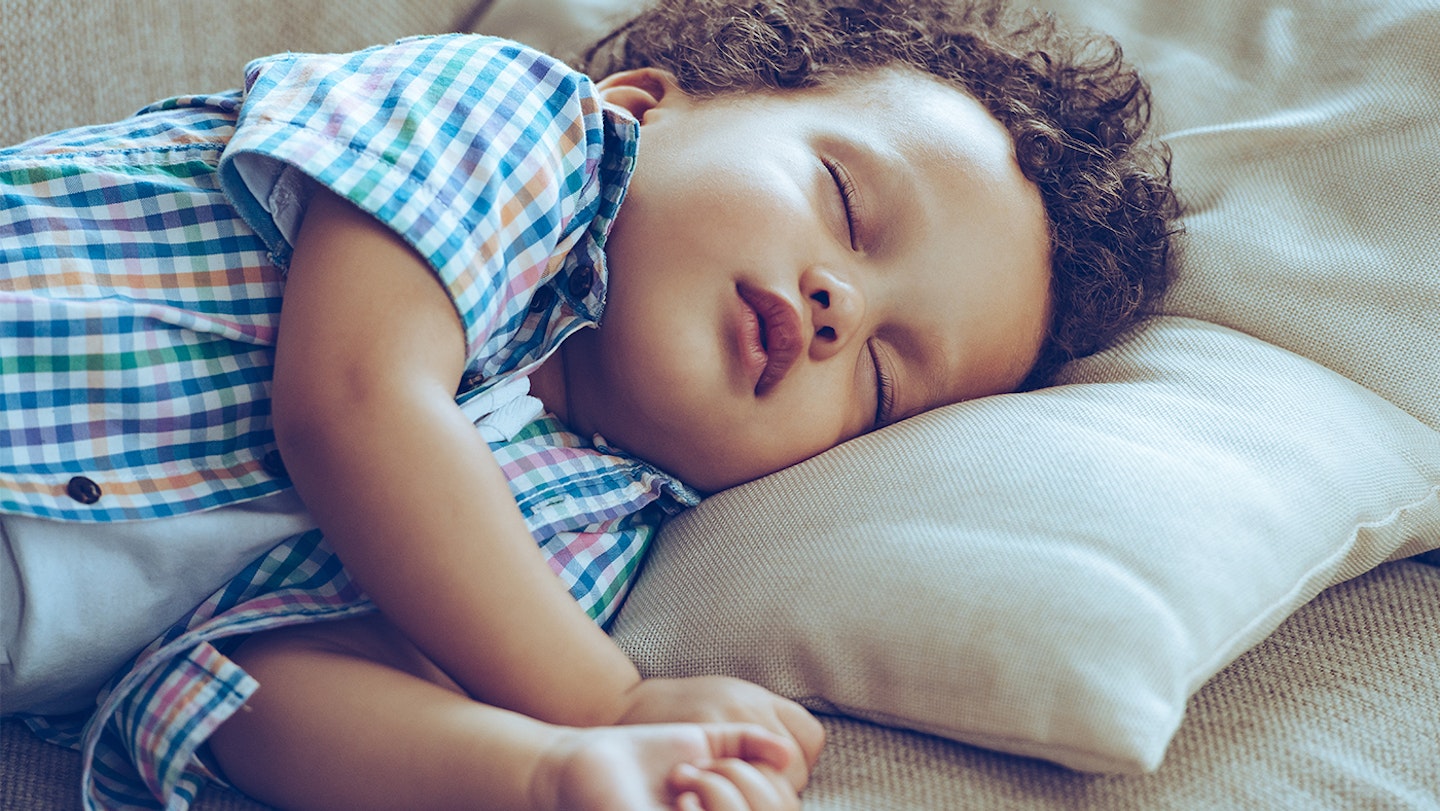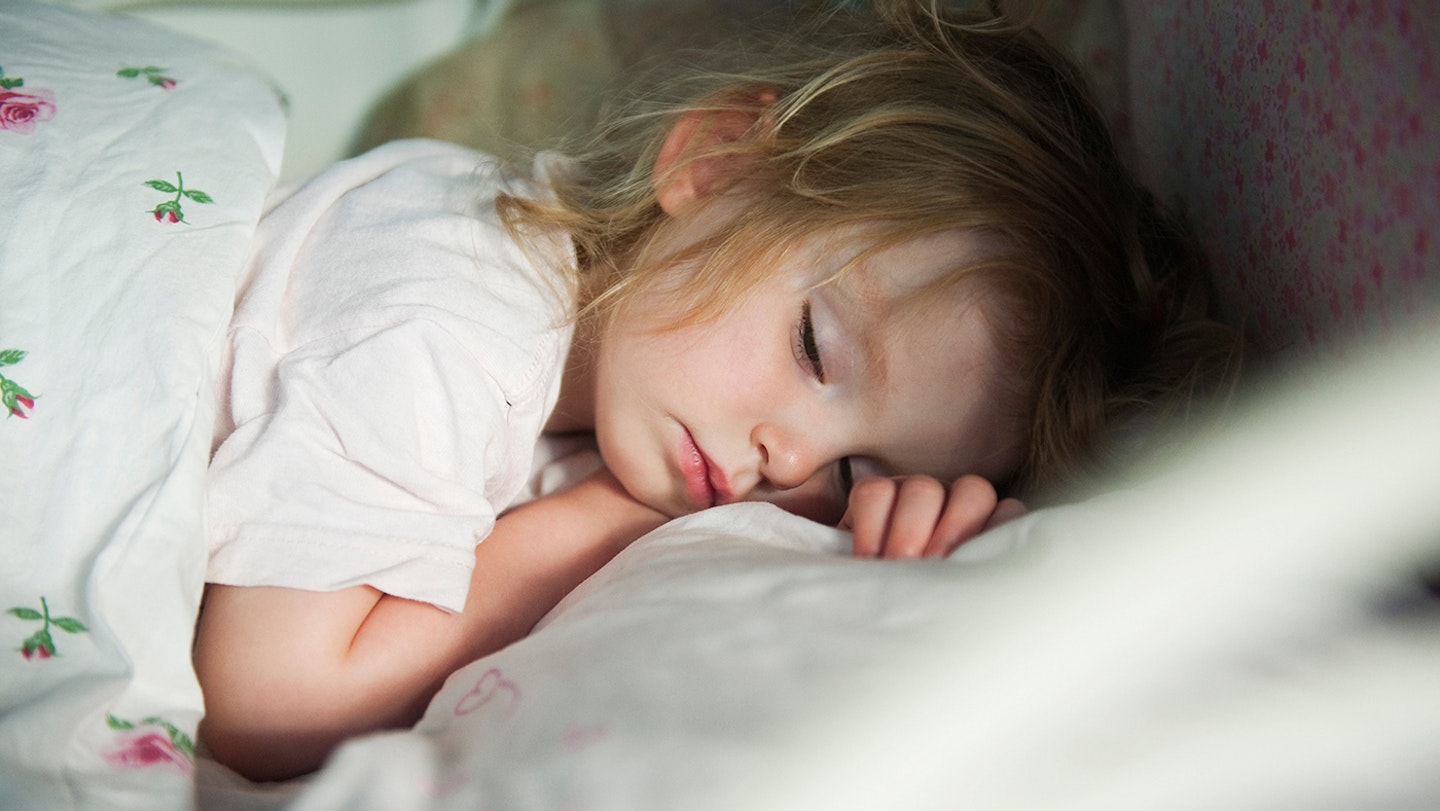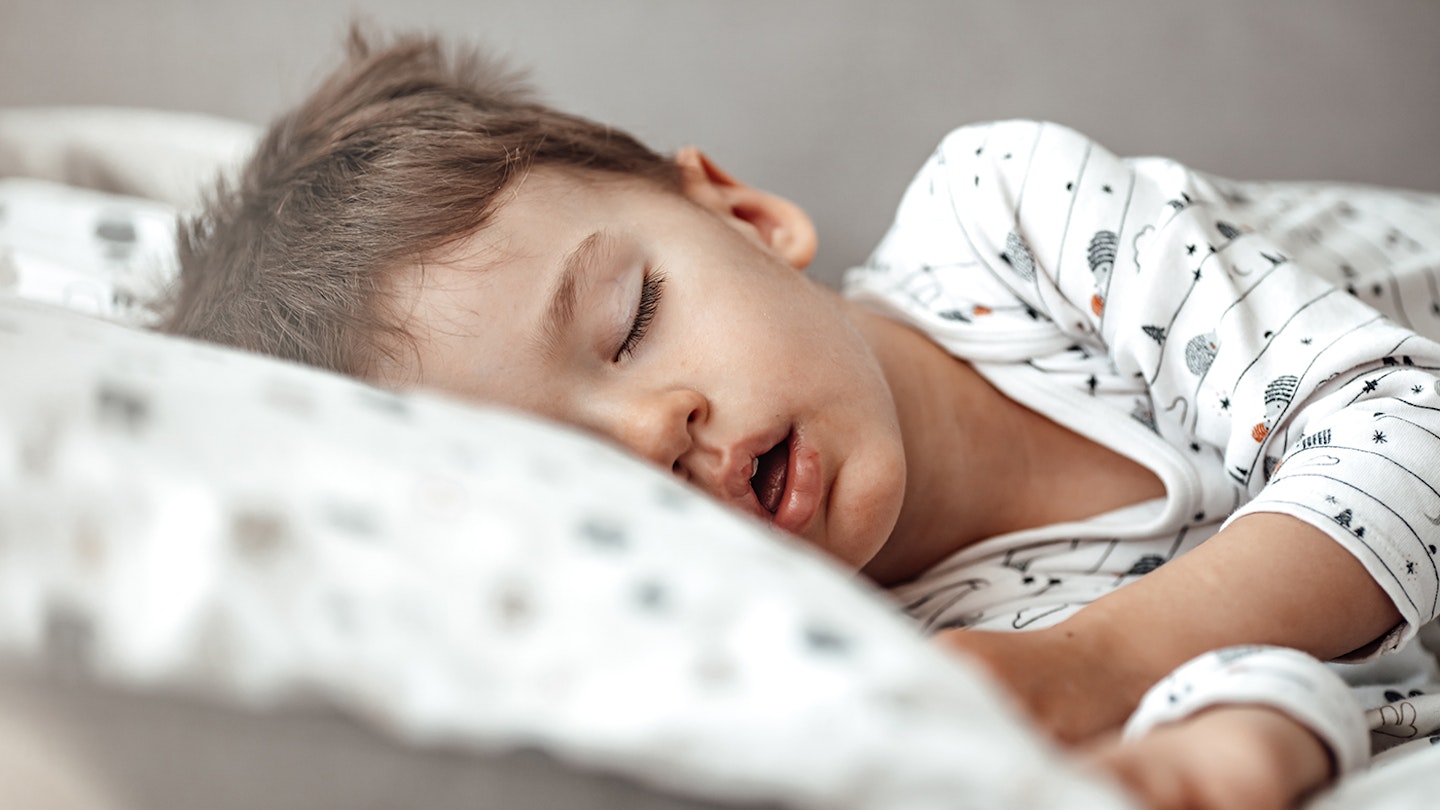While this age is when parents finally get to enjoy long nights of sleep again, here come the naps, noises, and nightmares - some more sleeping habits which will be keeping you up at night.
How much sleep will my toddler get?
Between the age of two and three, your toddler will more than likely be enjoying a blissful 11 hours (or so) of uninterrupted sleep at night.
At this age, your little one will have started to emulate older children and adults in their slumber patterns and will sleep more deeply.
Another bonus that is he should be able to settle himself if he stirs between sleep cycles – well, most of the time, anyway.
Nap time
By the age of 15-18 months, your toddler should only need one nap – one after lunchtime should do.
"The lunchtime sleep tends to last between two and two and a half hours," says Child Sleep Work’s founder, Maryanne Taylor.
"If your toddler isn’t sleeping consistently at night then try slowly trimming back the afternoon nap time, bit by bit, to work out what’s right for your toddler."
By the age of 15-18 months, your toddler should only need one nap.

Strange sleep habits
As your toddler is sleeping more deeply now, he may display some odd sleeping habits including snoring, breathing through the mouth and sweating.
"If any of these are excessive, it could possibly hint at sleep apnea," Maryanne says.
This condition interrupts breathing when asleep and is caused by an obstruction blocking the back of the throat.
If you’re worried, check with your GP. But really, all these signs are often just your toddler adjusting to his sleep pattern.
Disturbed sleep
At around the age of two, your toddler is going through a few different life changes that can disrupt his sleep.
"If your toddler has just started nursery, he may be feeling slightly anxious which could make him restless during the night," says Maryanne.
"Similarly, he may simply have watched a television episode earlier in the day that affected him."
If this happens, comfort your toddler and make sure that the television programmes he watches are age-appropriate and that he doesn’t watch anything for at least an hour before bed.
Nightmares and night terrors
Your toddler may experience nightmares and night terrors, which are never pleasant – mostly for you as a parent.
"If your child is upset and crying and needs reassurance, then this is a nightmare," explains Maryanne. "It’s perfectly fine to give your toddler a cuddle and make him feel safe again."
A night terror is scarier but your toddler remains asleep throughout the experience and won’t remember it – so it’s far worse for you!
"During a night terror, your toddler may be hysterical and could have his eyes open," explains Maryanne.
"In this situation, you shouldn’t touch your toddler and wake him – similar to that of a sleepwalking child. Sit with him and let him ride it out."

How to teach toddler to sleep alone
Is your youngster struggling to sleep on their own? The key is to be firm and tell them that they need to stay in their own bed and go to sleep. You should then say goodnight and leave the room.
If your toddler cries, reassure them that you're close by but they need to stay in their own bed. Should they get out of bed, you need to physically put them back in bed without talking or making a big deal out of it.
Like with many things, it's likely you'll need to repeat yourself and keep taking them back to bed but keep at it!
Tips to solve toddler sleep issues
Sleep training doesn't stop at newborns sadly – there are a whole load of toddler sleep issues that stop us parents from getting a full night's sleep! Here are some tips from mum of two SJ that she used to help her tots sleep through the night...
